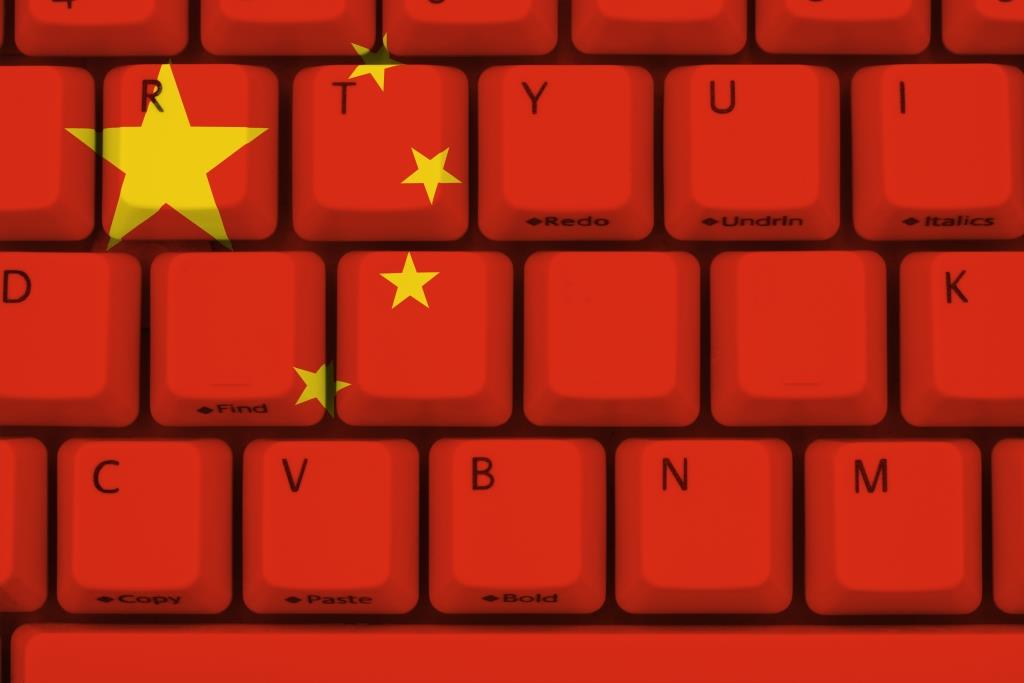California trade secret litigators likely know all about California Code of Civil Procedure Section 2019.210. Those that don’t, should.
Section 2019.210 provides that before commencing discovery in a trade secret litigation, the party alleging trade secret misappropriation must identify the allegedly stolen trade secret “with reasonable particularity.”
For plaintiffs, this rule is no joke. It has sent many a plaintiff back to the drawing board trying, again and again, to adequately identify their stolen “special sauce.” It can be supremely frustrating. READ MORE











